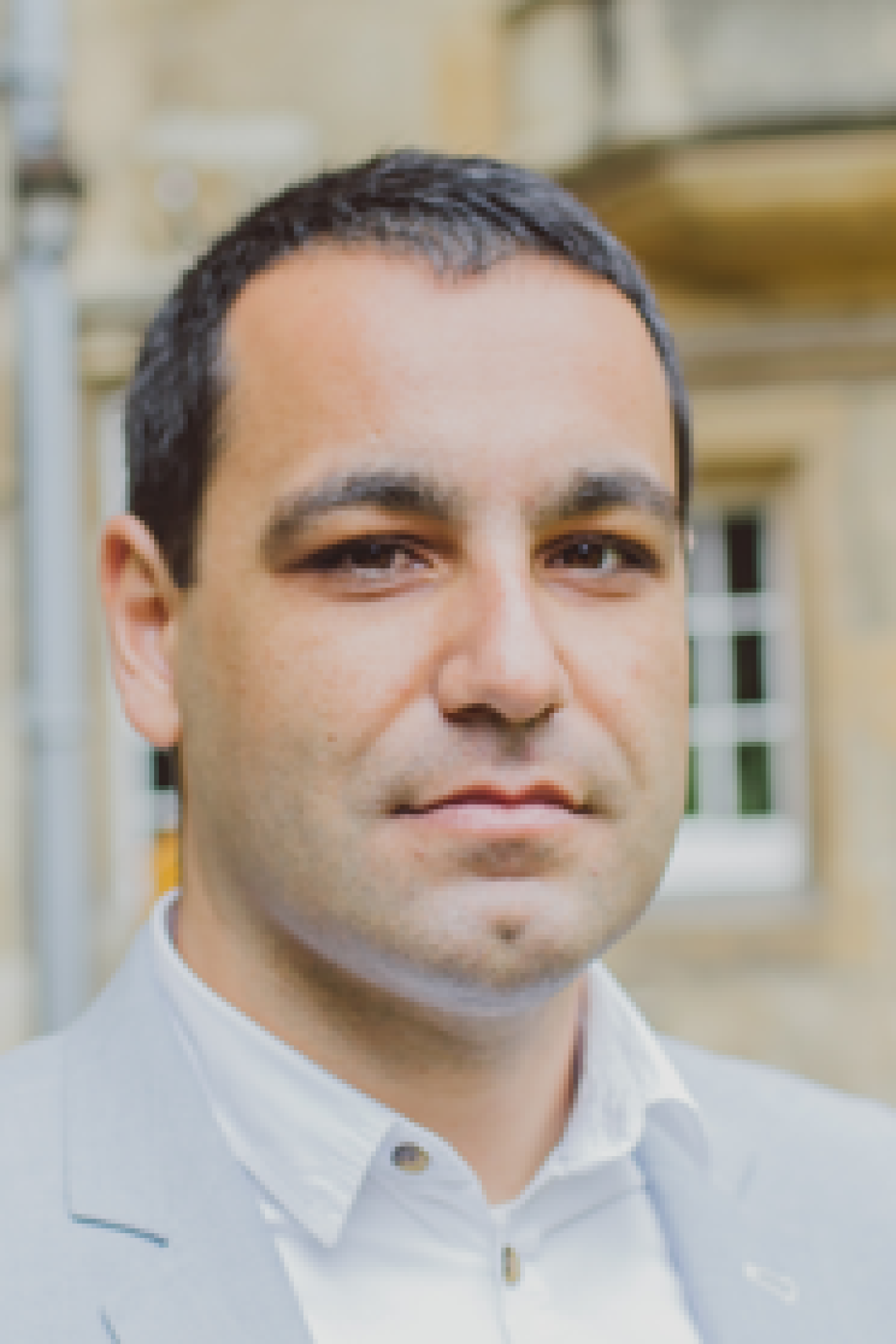Workshop co-hosted with DFID to explore Digital/Frontier Technologies and International Development
Oxford’s Centre for Technology and Global Affairs will hold a private workshop on Digital/Frontier Technologies and International Development on Thursday in collaboration with Kluz Ventures and the UK’s Department for International Development (DFID).
The workshop is convened by Dr Emre Eren Korkmaz, ODID Departmental Lecturer in Migration and Development.
The workshop will explore how to create infrastructures for the ethical use of frontier technologies such as artificial intelligence, blockchain, and drones in the pursuit of international development goals as well as the positive and negative consequences of such applications.
The discussion will address, among others, the following topics and questions:
- Achieving the Sustainable Development Goals (SDGs) with Digital and Frontier Technologies. How can digital and frontier technologies be best used to facilitate poverty reduction, while ensuring that the benefits are accessible to all and that no one is left behind? What does “ethical” digital and frontier technology mean and what should the international community do to deliver its benefits? What can we - as international actors - do to facilitate digital and technological transformation in the countries we work in?
- Technology, Migration, and Humanitarian Responses. How can donors, UN agencies, NGOs, and corporations work together to best understand the human security needs of various segments of migrants and refugee populations? How can the international community work together to safely deploy digital and emerging technologies in humanitarian contexts and what are the best use cases for doing so?
The proceedings will include a Keynote Address by Matthew Rycroft CBE, Permanent Secretary of the UK’s Department for International Development and former UK Ambassador to the United Nations.
Other participants will include 20-30 senior officials from the UK government, United Nations, and European Commission; Oxford and other academics; representatives from technology companies as well as humanitarian NGOs and initiatives.

